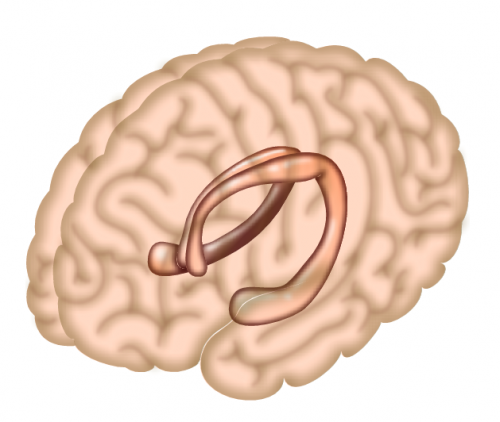Stress hormone linked to mood and hippocampus volume

Individual differences in the pattern of release of the hormone cortisol in response to a stressful experience reveal how stressed a person actually feels, suggests a study of healthy women published in The Journal of Neuroscience. This approach could help to better identify and treat individuals more susceptible to the negative feelings associated with the physiological stress response.
Most stress research in humans involves inducing a short period of stress and classifying participants as either responders or non-responders based on the level of the hormone cortisol in their saliva. These studies do not typically find differences between the two groups' subjective experience of stress.
Roee Admon, Diego Pizzagalli and colleagues modified existing laboratory procedures to induce stress for more than one hour in 79 women and identified three different types of cortisol response. Participants that released either very high or very low amounts of cortisol over time reported feeling more stressed than those with a pattern of moderate hormonal release. The authors also found smaller volume of the hippocampus—a structure with a large number of cortisol receptors that regulates stress response—in these high and low responders compared to the moderate responders.
More information: Journal of Neuroscience (2017). dx.doi.org/10.1523/JNEUROSCI.1175-17.2017


















